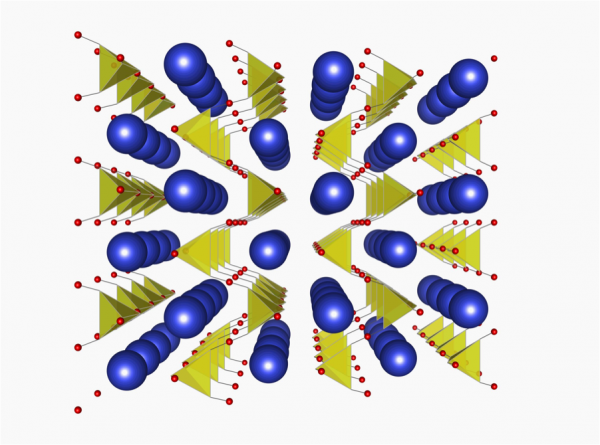
Physics Colloquium -Mar. 9, 2012 – Alex Papandrew
Superprotonic Electrolytes and Solid Acid Fuel Cells: Heating Up the Future of Energy
Hydrogen fuel cells are a key component of the global effort to develop alternative energy storage and conversion technologies. Coupled with the ascendance of viable solar electricity harvesting strategies, hydrogen derived from water electrolysis may one day be truly renewable, and limitless.
Unfortunately, that day has not yet come. Current low temperature fuel cell engines are typically operated on purified hydrogen derived from fossil fuels. Fuel cells operated at higher temperatures are not restricted to the use of pure hydrogen, but the materials required to enable this approach have proven lacking in other respects. A potentially transformative class of materials that has emerged in response to these deficiencies is the so-called superprotonic solid acids, crystalline solids that conduct protons similarly to liquids. Superprotonic materials are characterized by an entropy-driven polymorphic phase transitions that result in proton conductivity increases of several orders of magnitude.
I will detail the thermodynamics of the superprotonic phase transition specifically applied to the solid acid CsH2PO4 (CDP). I will show that the dynamic disorder that drives the phase transition is also intimately related to the mechanism of proton transport in superprotonic electrolytes. Finally, solid acid fuel cells based on CDP will be introduced, and the materials challenges related to the development of these devices will be discussed.